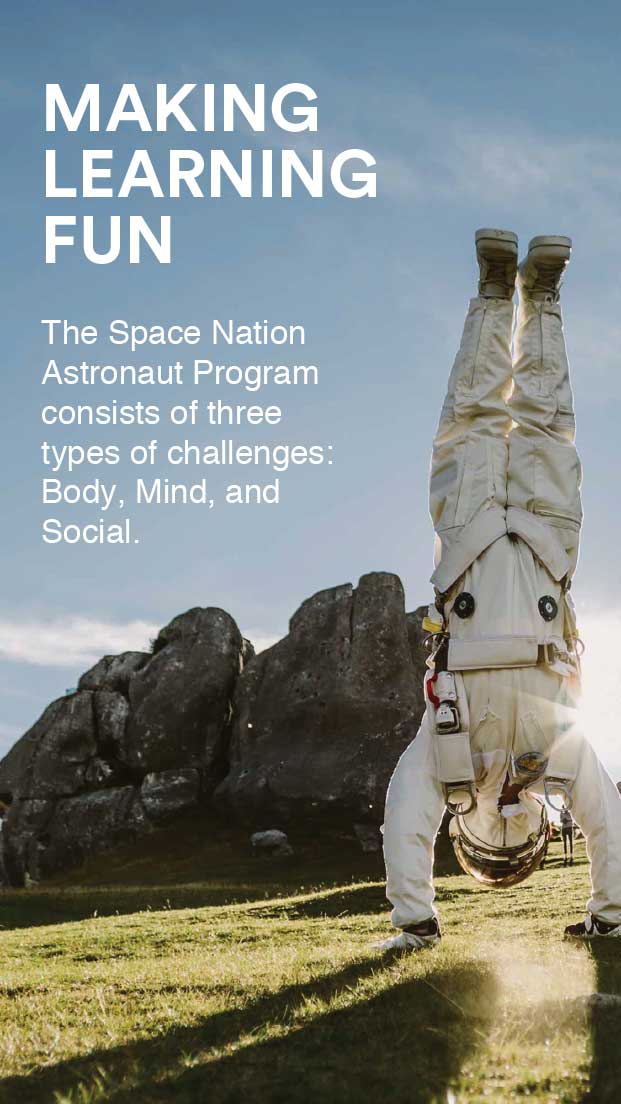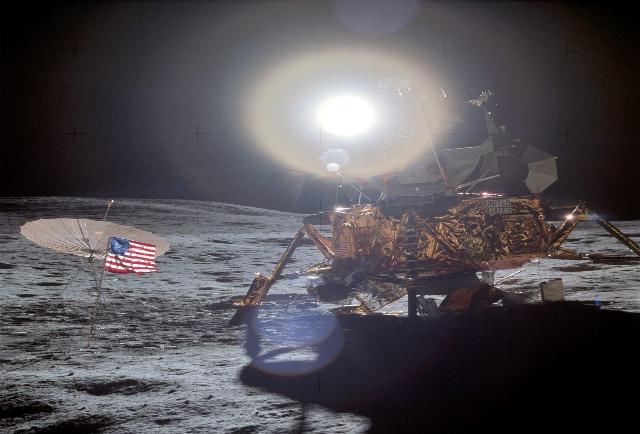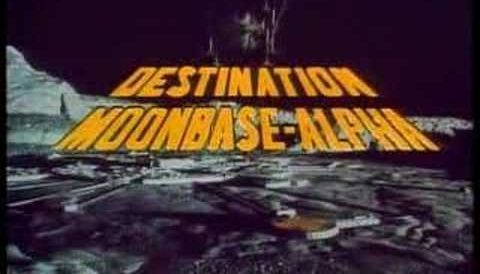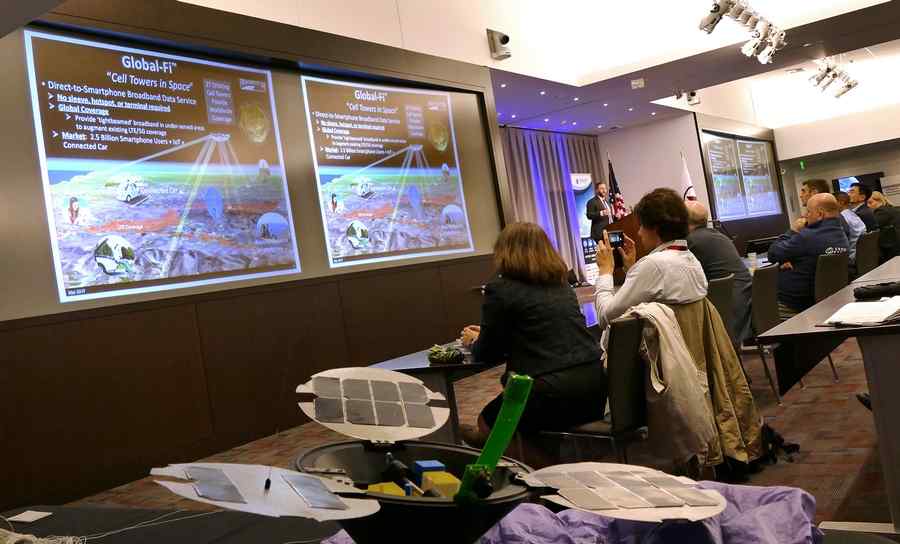The first of my major #Libertarian policy articles for my California gubernatorial run, which broadens the foundational “non-aggression principle” to so-called negative natural phenomena. “In my opinion, and to most #transhumanist libertarians, death and aging are enemies of the people and of liberty (perhaps the greatest ones), similar to foreign invaders running up our shores.” A coordinated defense agianst them is philosophically warranted.
Many societies and social movements operate under a foundational philosophy that often can be summed up in a few words. Most famously, in much of the Western world, is the Golden Rule: Do onto others as you want them to do to you. In libertarianism, the backbone of the political philosophy is the non-aggression principle (NAP). It argues it’s immoral for anyone to use force against another person or their property except in cases of self-defense.
A challenge has recently been posed to the non-aggression principle. The thorny question libertarian transhumanists are increasingly asking in the 21st century is: Are so-called natural acts or occurrences immoral if they cause people to suffer? After all, taken to a logical philosophical extreme, cancer, aging, and giant asteroids arbitrarily crashing into the planet are all aggressive, forceful acts that harm the lives of humans.
Traditional libertarians throw these issues aside, citing natural phenomena as unable to be morally forceful. This thinking is supported by most people in Western culture, many of whom are religious and fundamentally believe only God is aware and in total control of the universe. However, transhumanists —many who are secular like myself—don’t care about religious metaphysics and whether the universe is moral. (It might be, with or without an almighty God.) What transhumanists really care about are ways for our parents to age less, to make sure our kids don’t die from leukemia, and to save the thousands of species that vanish from Earth every year due to rising temperatures and the human-induced forces.
An impasse has developed among philosophers, and questions once thought absurd, now bear the cold bearing of reality. For example, automation, robots, and software may challenge if not obliterate capitalism as we know it before the 21st century is out. Should libertarians stand against it and develop tenets and safeguards to protect their livelihoods? I have argued, yes, a universal basic income of some sort to guarantee a suitable livelihood is in philosophical line with the non-aggression principle.
Read more








